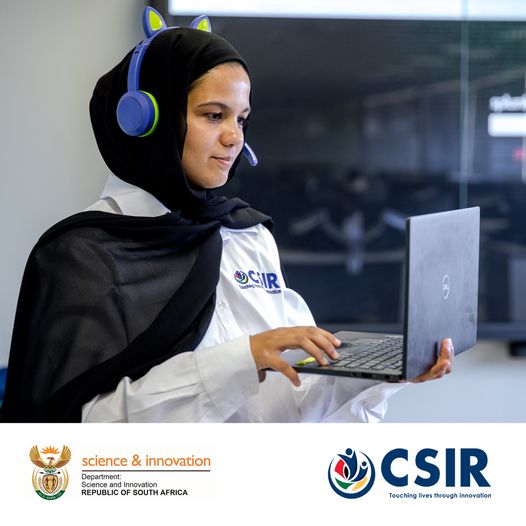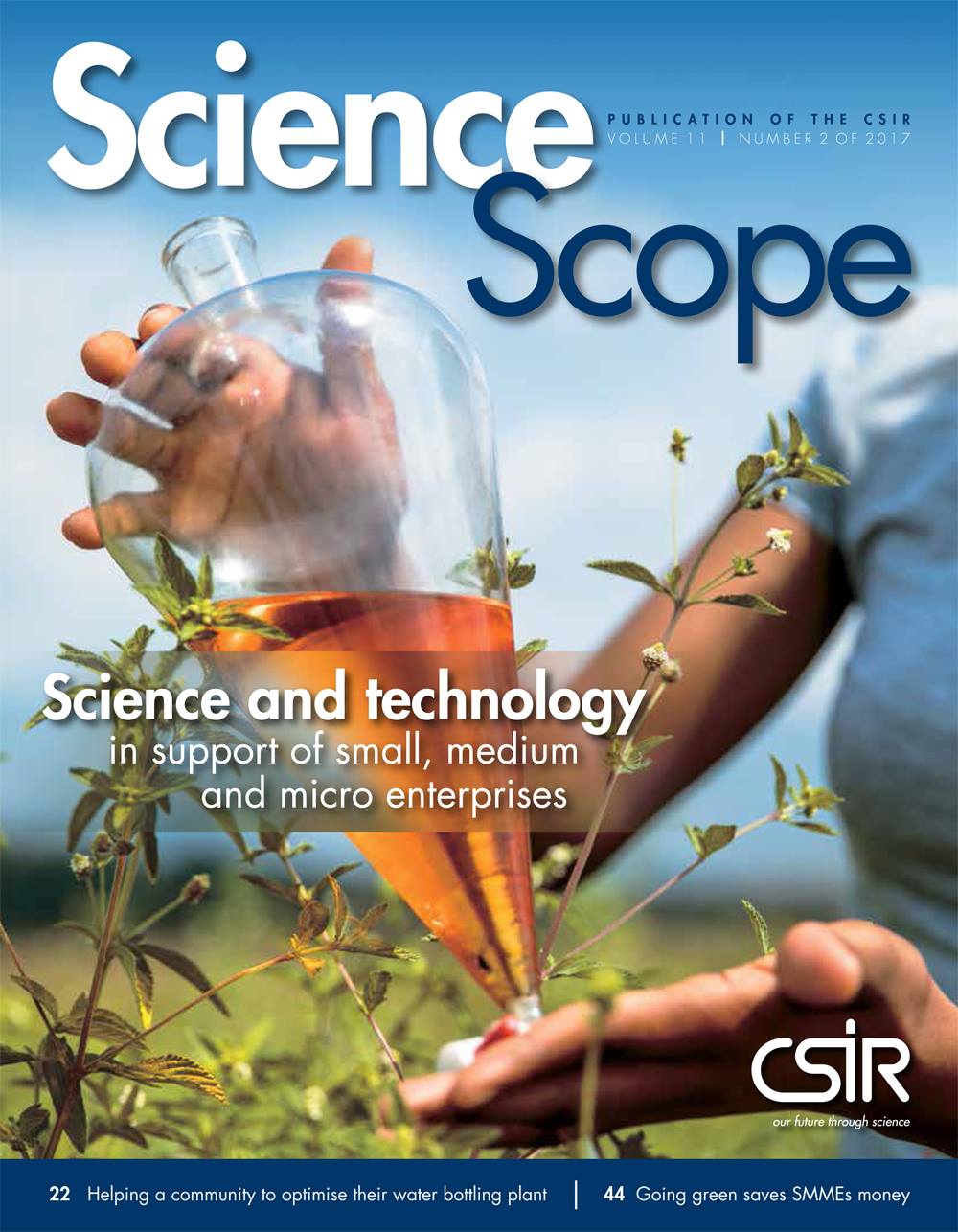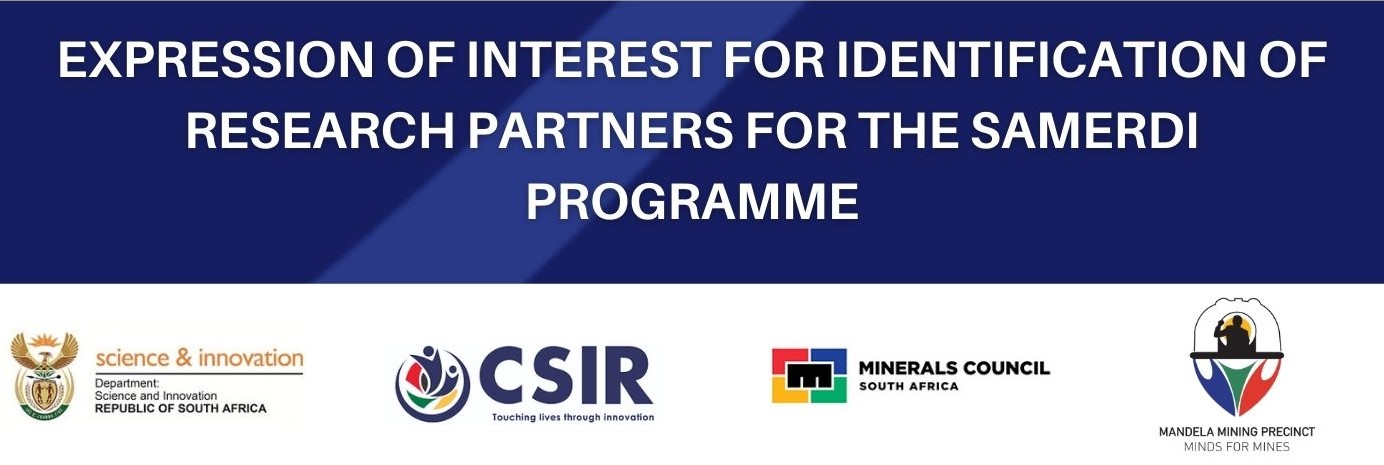Advanced Search
Search Results

Join us this Youth Month as we look at skills for the future and celebrate youth in STEMI.
Meet CSIR Cybersecurity Researcher, Dr Zubeida Dawood (34), whose research focuses on governance, privacy and the trust elements of cybersecurity.
Read more about Zubeida and other dynamic individuals who are touching lives through innovation in the latest edition of the CSIR ScienceScope.
The CSIR has established a Learning Factory to support South African industries in acquiring the skills needed to maximise the benefits of the Fourth Industrial Revolution. First online course now available! The first course will be an introduction to the 4IR in South Africa and will be delivered fully online, accessible free of charge at your convenience until 31 January 2022. Visit the following site to register for the course: courses.4irsa.co.za
Demonstrating its support of green living and local innovation, the CSIR has successfully implemented the use of a local range of eco-friendly biological cleaning products across most of its campuses. The products were developed by the organisation’s scientists.
A breakthrough by CSIR chief scientist, Prof Andrew Forbes, led to the design and development of a new laser system with special optics inside, characterised by features on the micro-scale.
The CSIR, in partnership with seven South African universities, has a postgraduate scholarship programme that provides students with funding to obtain Honours, Master’s or PhD qualifications in the
The CSIR has a long history of collaboration with universities.
The facility deploys cavity ring down spectroscopy (CRDS) instruments for the measurement of atmospheric carbon CO2 concentrations.




